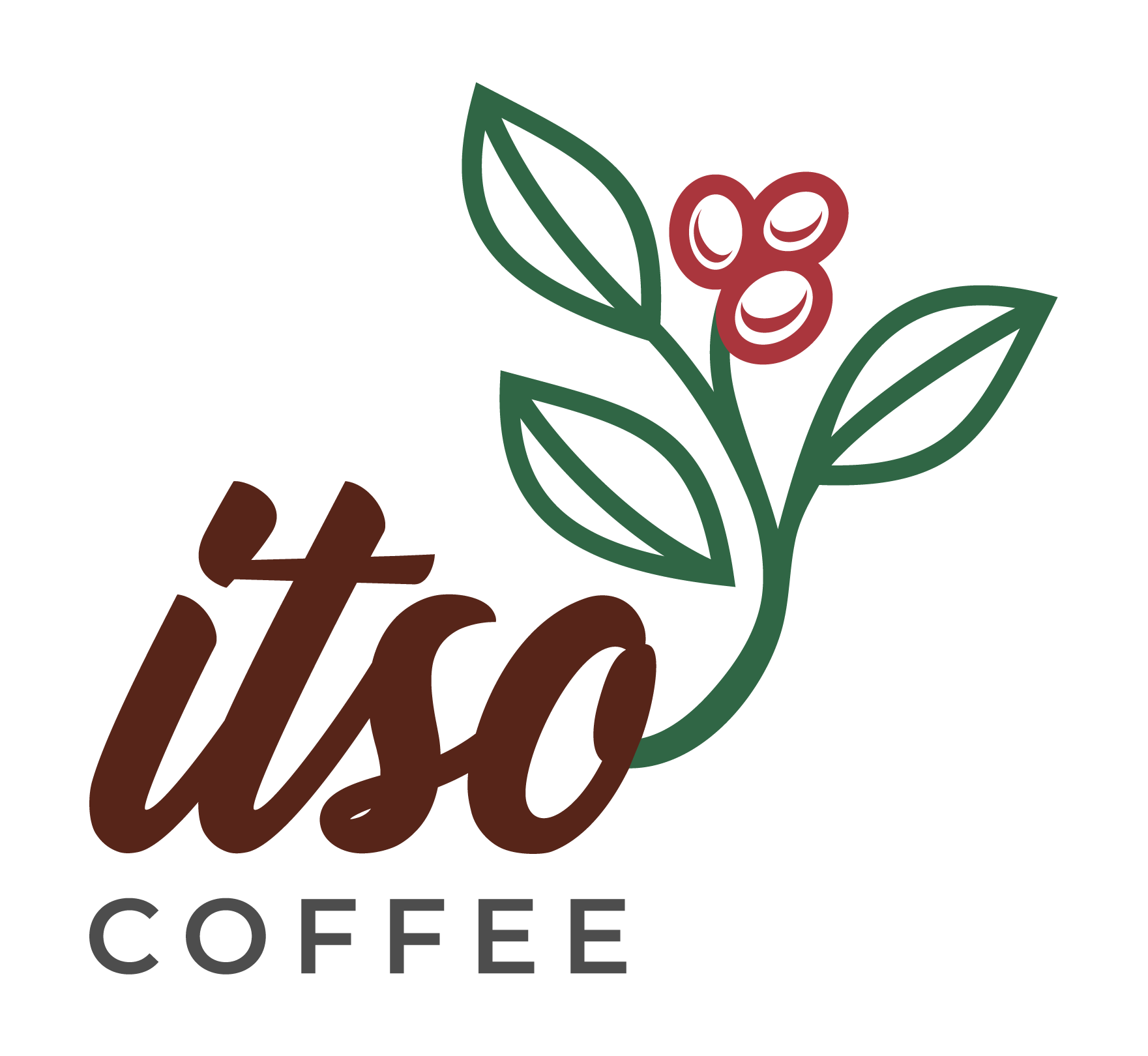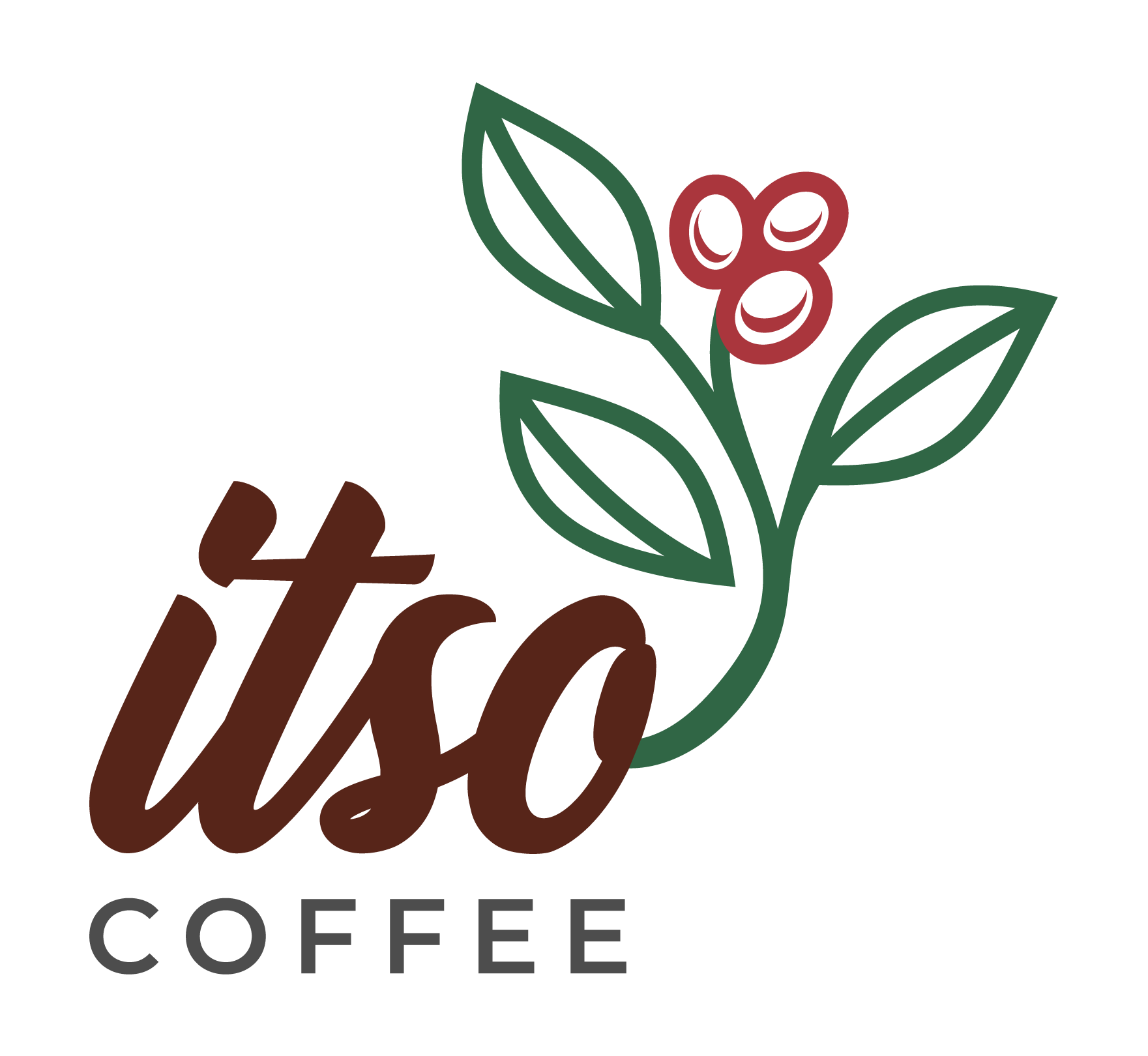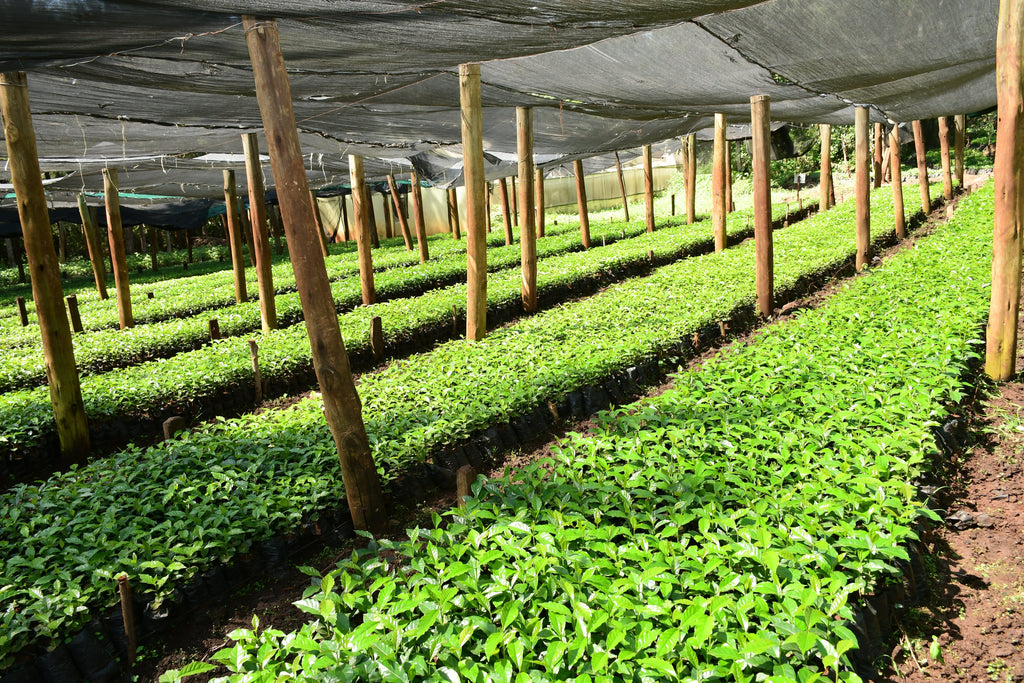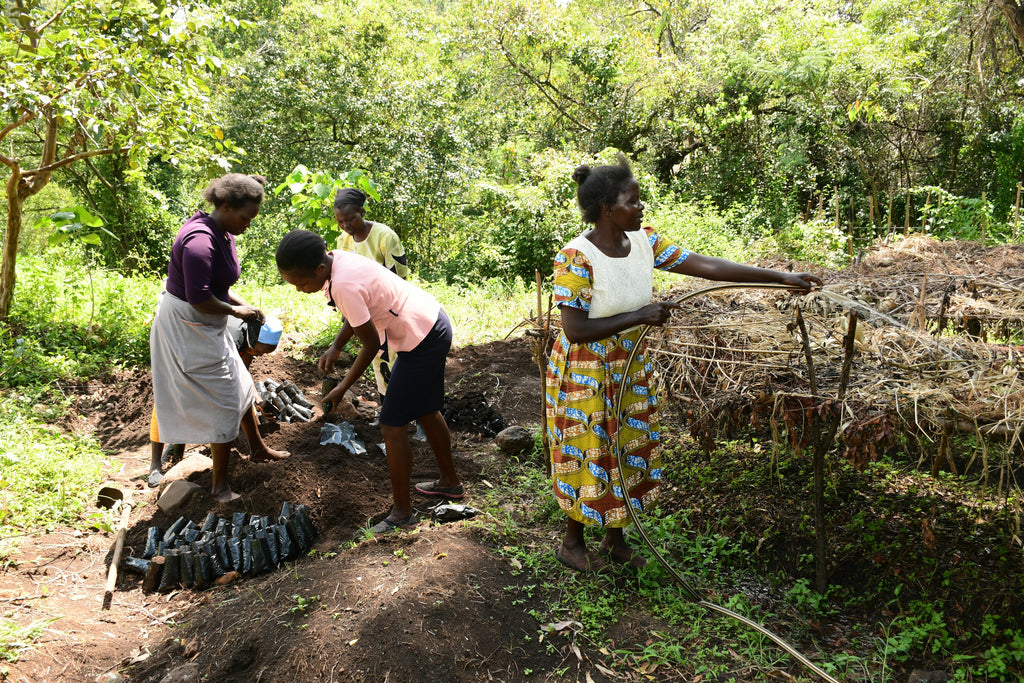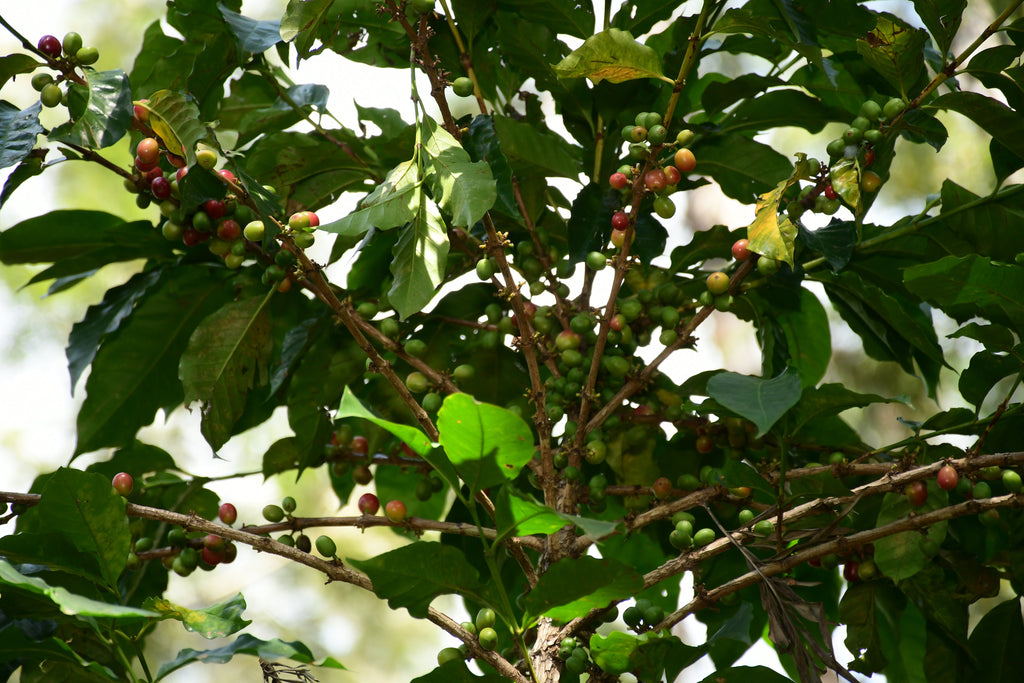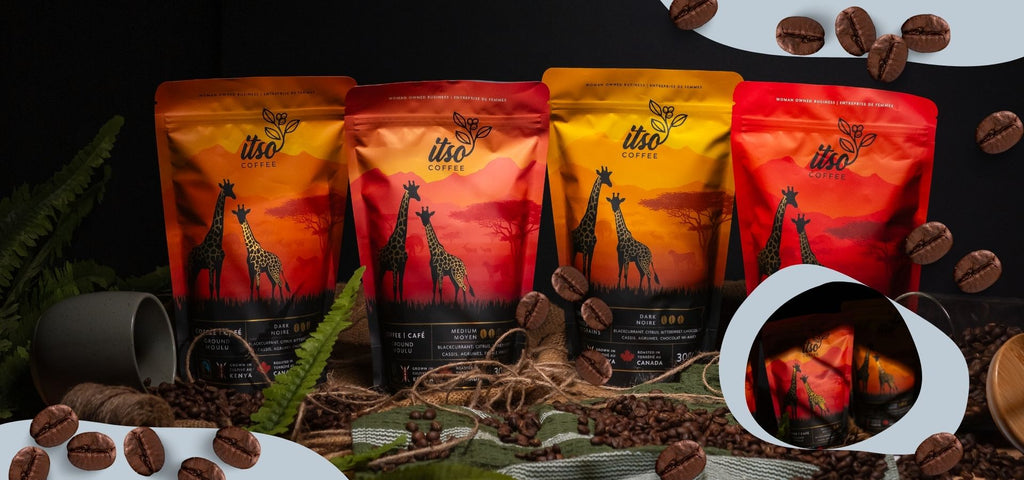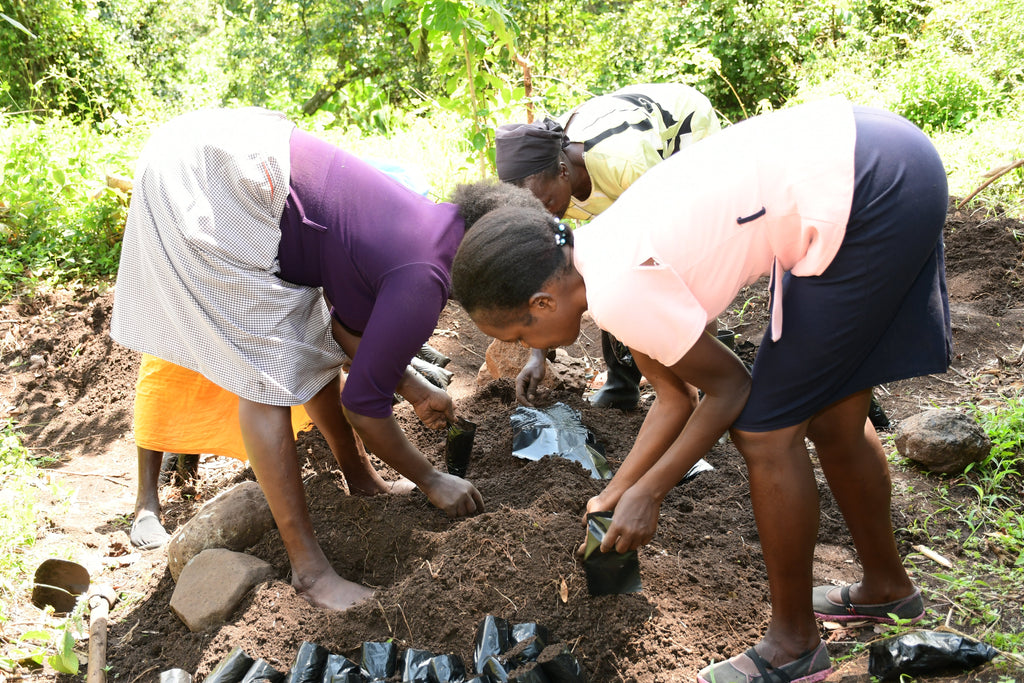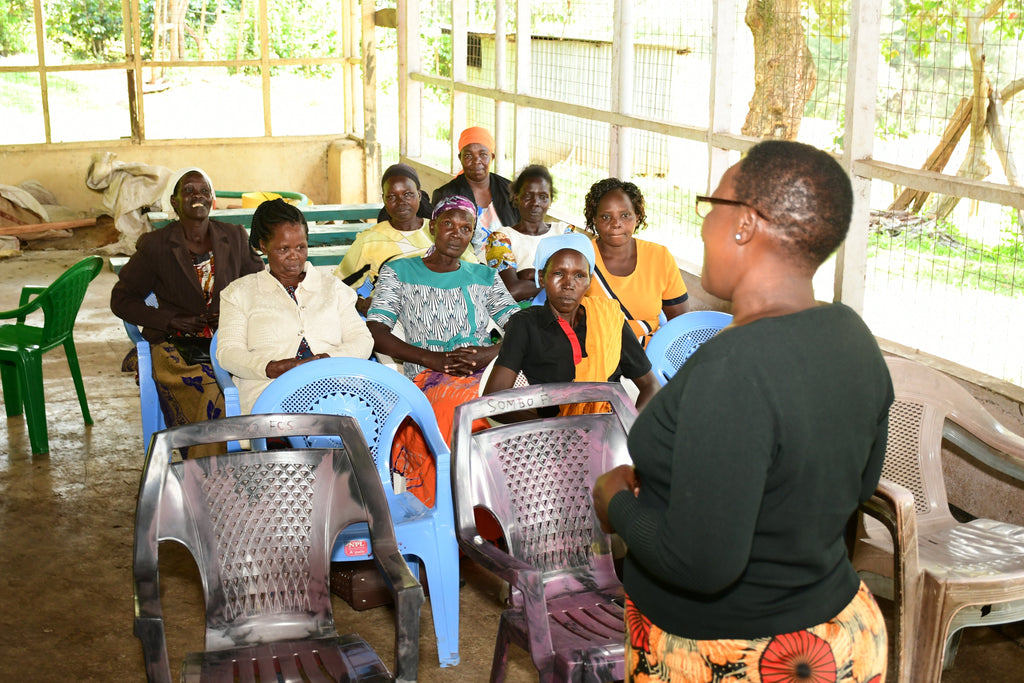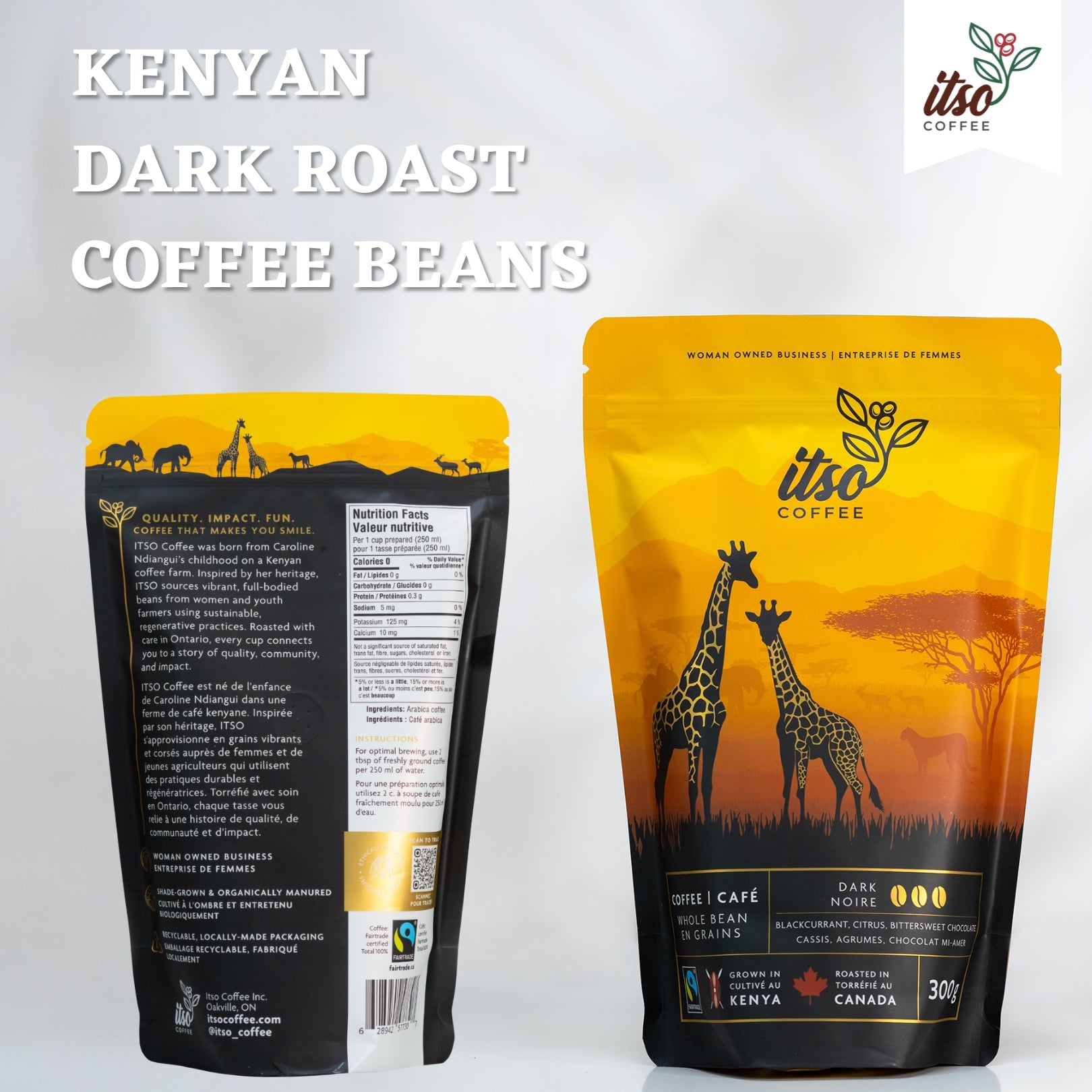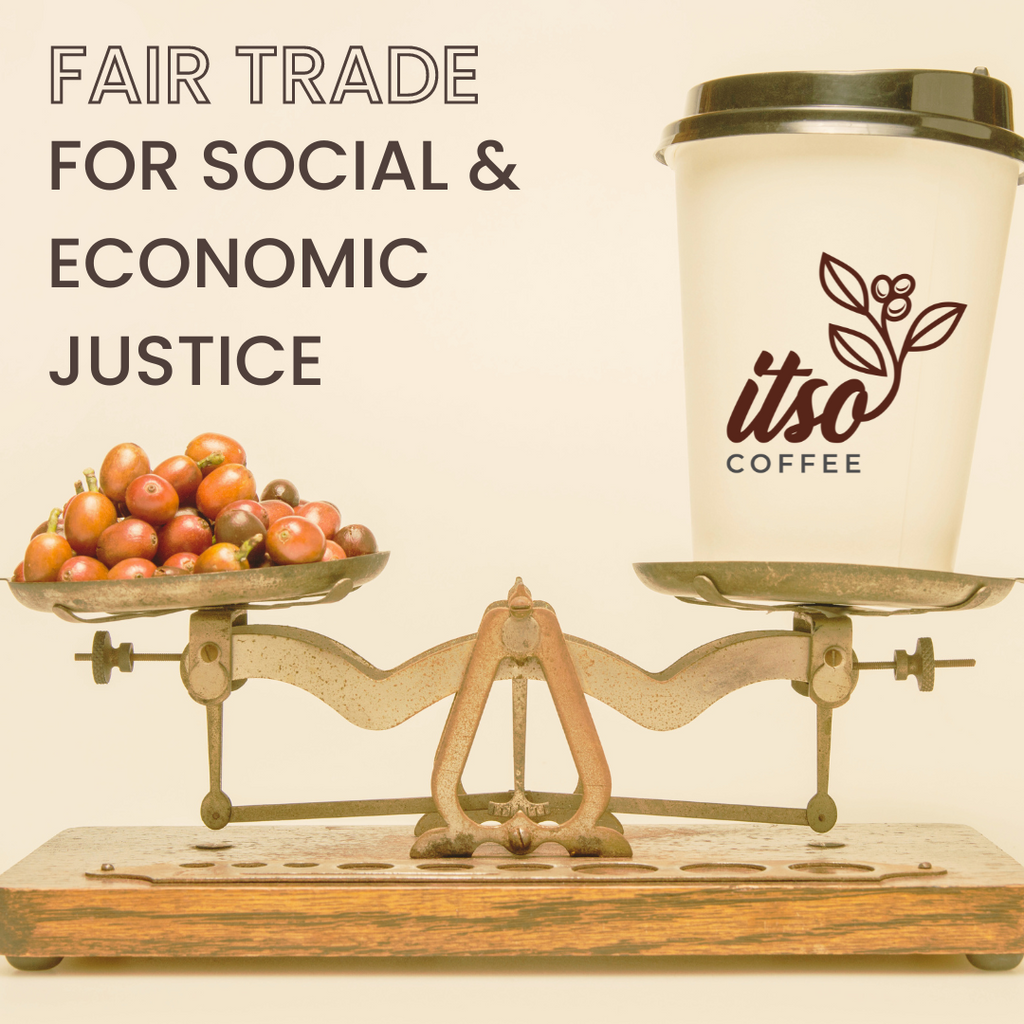
Brewing Equality: The Commitment to Fair Trade Practices in the Coffee Industry

In an age where ethical consumption is increasingly in the spotlight, the coffee industry has emerged as a leader in fair trade practices. From small-scale farmers in developing countries to multinational coffee corporations, there is a growing commitment to ensuring that every cup of coffee contributes to a more equitable and sustainable world. In this blog post, we'll explore the principles of fair trade in the coffee industry, the impact of fair trade practices on farmers and communities, and how consumers can support fair trade initiatives with their purchasing decisions.

The Importance of Fair Trade in the Coffee Industry
Fair trade is a movement that aims to promote social and economic justice by establishing equitable trading relationships between producers and consumers. In the coffee industry, fair trade practices focus on ensuring that coffee farmers receive fair prices for their beans, have access to credit and technical assistance, and are empowered to improve their living and working conditions.

One of the key principles of fair trade is transparency, which requires coffee companies to disclose information about their supply chains and trading practices. By providing greater visibility into the coffee supply chain, fair trade certification enables consumers to make informed choices about the coffee they buy and empowers them to support farmers who are committed to fair and ethical practices.
The Impact of Fair Trade Practices
Fair trade practices have had a profound impact on coffee farmers and communities around the world. By guaranteeing a minimum price for coffee beans and providing additional premiums for certified organic and fair trade products, fair trade certification helps to stabilize incomes and improve livelihoods for small-scale farmers.

In addition to economic benefits, fair trade practices also promote environmental sustainability and social empowerment. Many fair trade cooperatives invest in sustainable farming practices, such as shade-grown coffee and agroforestry, which help to preserve biodiversity, protect ecosystems, and mitigate climate change.
Furthermore, fair trade certification often includes social and community development initiatives, such as education and healthcare programs, infrastructure improvements, and gender equity initiatives. These investments help to strengthen communities, empower women, and improve quality of life for coffee farmers and their families.

Consumers play a crucial role in driving demand for fair trade coffee and supporting the growth of fair trade initiatives. By choosing certified fair trade products, consumers can send a powerful message to coffee companies and governments that they value ethical and sustainable practices.
How Consumers Can Support Fair Trade Practices (Approx. 300 words):
There are several ways that consumers can support fair trade practices in the coffee industry:
1. Look for Fair Trade Certification: When purchasing coffee, look for products that carry the Fair Trade Certified label. This certification ensures that the coffee meets rigorous standards for fair labor practices, environmental sustainability, and community development.

2. Support Fair Trade Brands: Choose coffee brands that are committed to fair trade practices and transparent supply chains. Many specialty coffee roasters and retailers offer a wide selection of fair trade coffees that are sourced directly from small-scale farmers and cooperatives.

3. Educate Yourself and Others: Take the time to learn about fair trade practices and the impact of your purchasing decisions on coffee farmers and communities. Share this information with friends, family, and colleagues to raise awareness and inspire others to support fair trade initiatives.

4. Advocate for Fair Trade Policies: Support policies and legislation that promote fair trade practices and ensure that coffee farmers receive fair prices for their products. Contact elected officials, join advocacy groups, and participate in campaigns to advocate for fair trade policies at the local, national, and international levels.
Conclusion
Fair trade practices are not only essential for promoting social and economic justice in the coffee industry but also for building a more equitable and sustainable world. By supporting fair trade initiatives and choosing certified fair trade products, consumers can make a positive impact on the lives of coffee farmers and communities around the world. Together, we can brew equality one cup at a time.

The Importance of Fair Trade in the Coffee Industry
Fair trade is a movement that aims to promote social and economic justice by establishing equitable trading relationships between producers and consumers. In the coffee industry, fair trade practices focus on ensuring that coffee farmers receive fair prices for their beans, have access to credit and technical assistance, and are empowered to improve their living and working conditions.

One of the key principles of fair trade is transparency, which requires coffee companies to disclose information about their supply chains and trading practices. By providing greater visibility into the coffee supply chain, fair trade certification enables consumers to make informed choices about the coffee they buy and empowers them to support farmers who are committed to fair and ethical practices.
The Impact of Fair Trade Practices
Fair trade practices have had a profound impact on coffee farmers and communities around the world. By guaranteeing a minimum price for coffee beans and providing additional premiums for certified organic and fair trade products, fair trade certification helps to stabilize incomes and improve livelihoods for small-scale farmers.

In addition to economic benefits, fair trade practices also promote environmental sustainability and social empowerment. Many fair trade cooperatives invest in sustainable farming practices, such as shade-grown coffee and agroforestry, which help to preserve biodiversity, protect ecosystems, and mitigate climate change.
Furthermore, fair trade certification often includes social and community development initiatives, such as education and healthcare programs, infrastructure improvements, and gender equity initiatives. These investments help to strengthen communities, empower women, and improve quality of life for coffee farmers and their families.

Consumers play a crucial role in driving demand for fair trade coffee and supporting the growth of fair trade initiatives. By choosing certified fair trade products, consumers can send a powerful message to coffee companies and governments that they value ethical and sustainable practices.
How Consumers Can Support Fair Trade Practices (Approx. 300 words):
There are several ways that consumers can support fair trade practices in the coffee industry:
1. Look for Fair Trade Certification: When purchasing coffee, look for products that carry the Fair Trade Certified label. This certification ensures that the coffee meets rigorous standards for fair labor practices, environmental sustainability, and community development.

2. Support Fair Trade Brands: Choose coffee brands that are committed to fair trade practices and transparent supply chains. Many specialty coffee roasters and retailers offer a wide selection of fair trade coffees that are sourced directly from small-scale farmers and cooperatives.

3. Educate Yourself and Others: Take the time to learn about fair trade practices and the impact of your purchasing decisions on coffee farmers and communities. Share this information with friends, family, and colleagues to raise awareness and inspire others to support fair trade initiatives.

4. Advocate for Fair Trade Policies: Support policies and legislation that promote fair trade practices and ensure that coffee farmers receive fair prices for their products. Contact elected officials, join advocacy groups, and participate in campaigns to advocate for fair trade policies at the local, national, and international levels.
Conclusion
Fair trade practices are not only essential for promoting social and economic justice in the coffee industry but also for building a more equitable and sustainable world. By supporting fair trade initiatives and choosing certified fair trade products, consumers can make a positive impact on the lives of coffee farmers and communities around the world. Together, we can brew equality one cup at a time.
